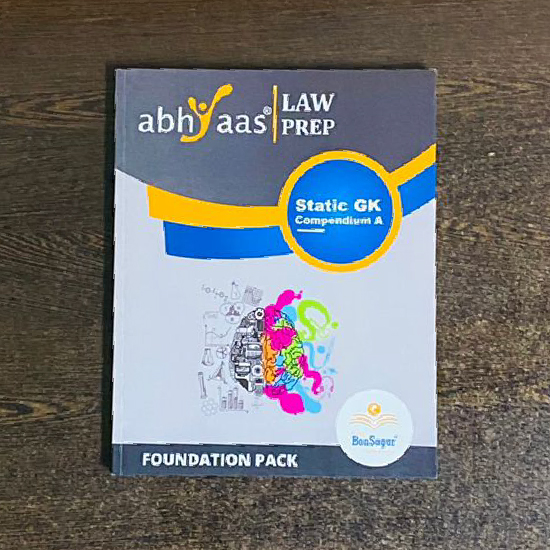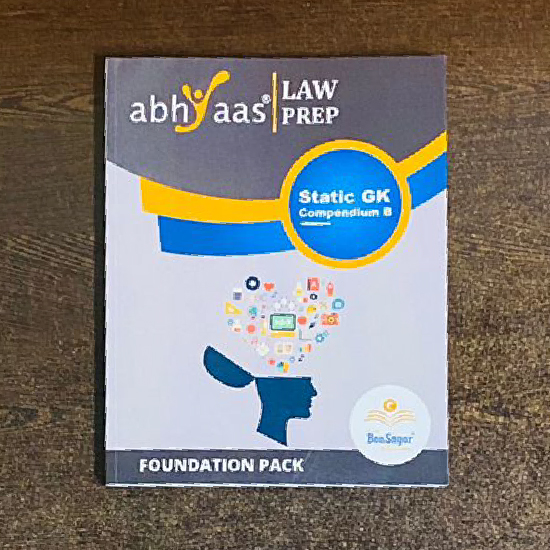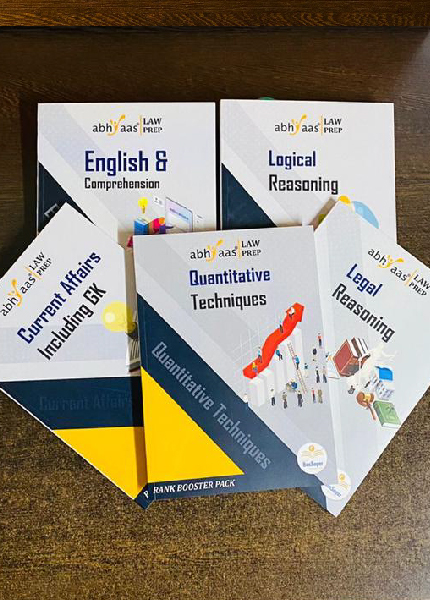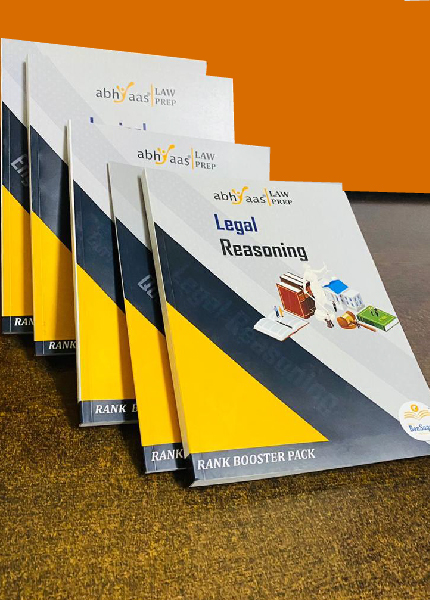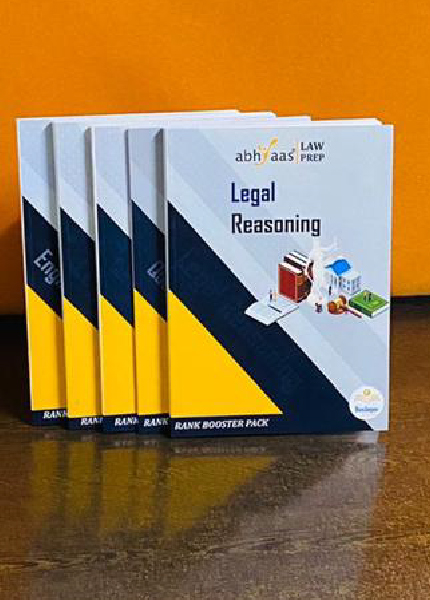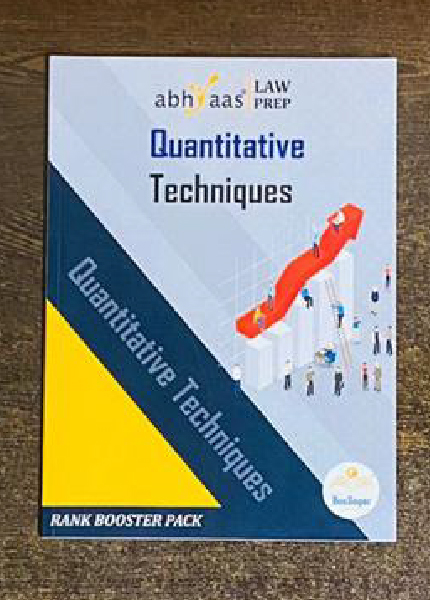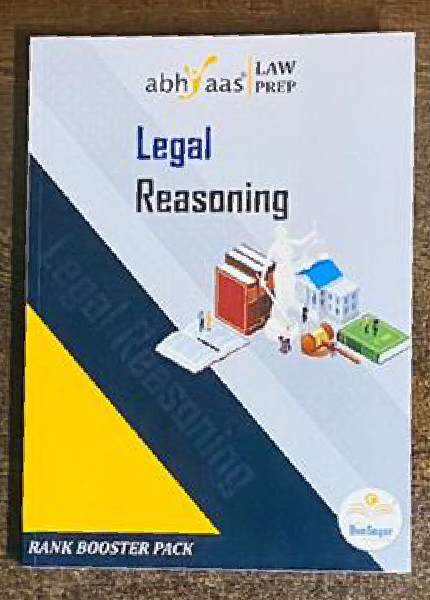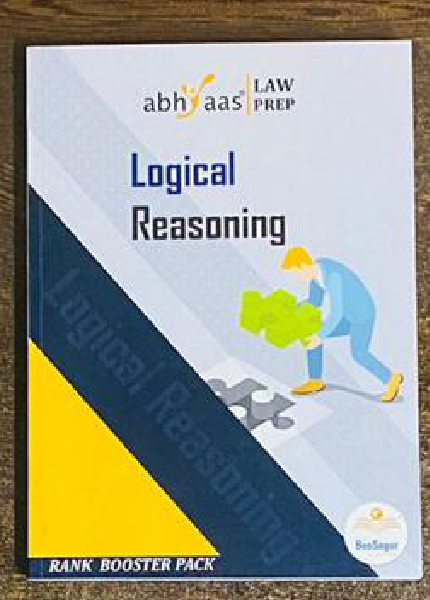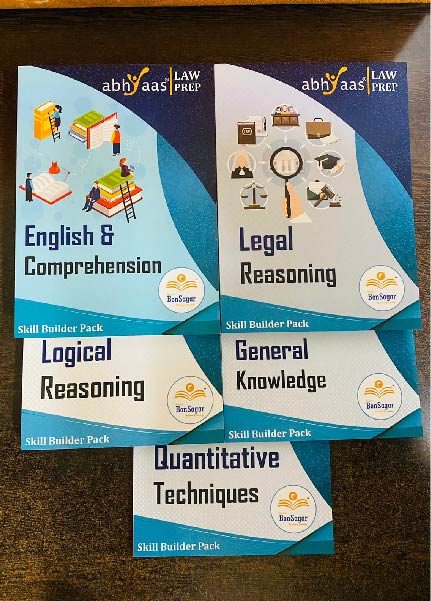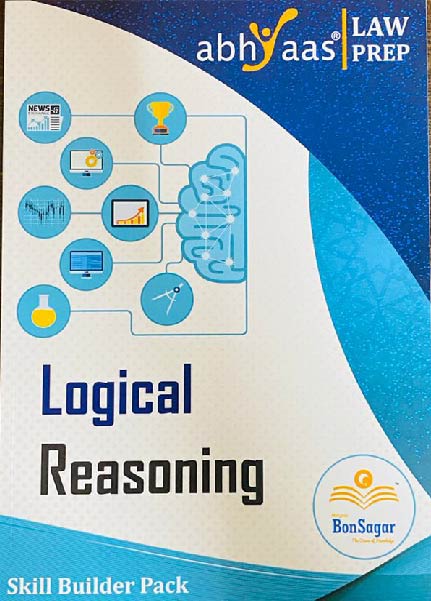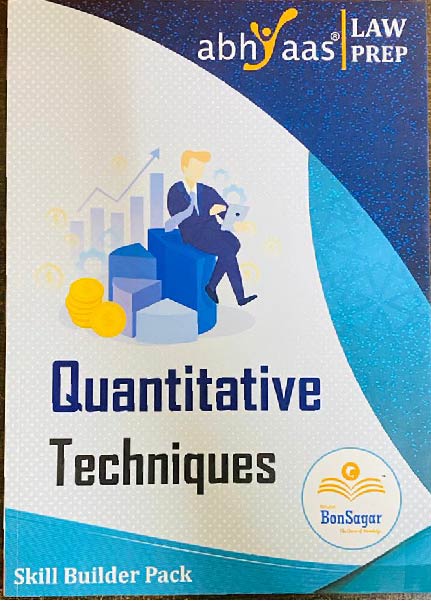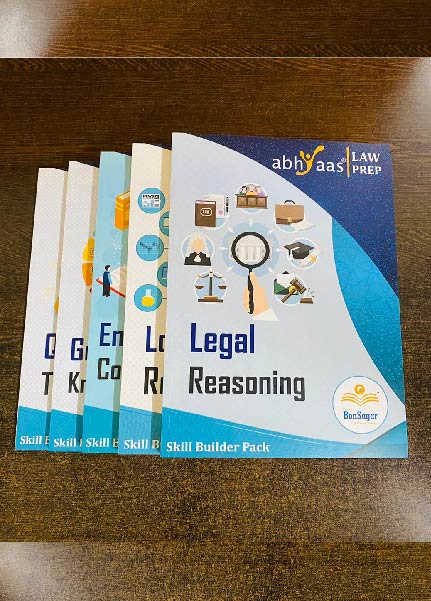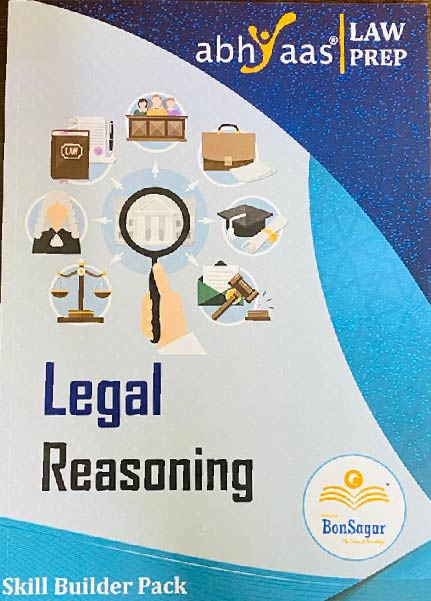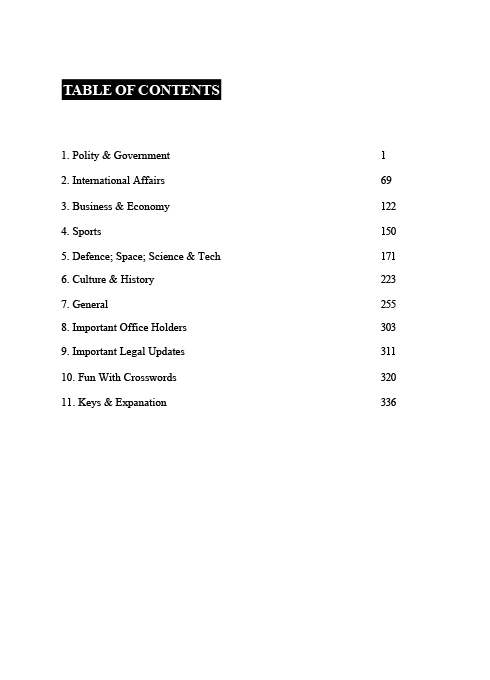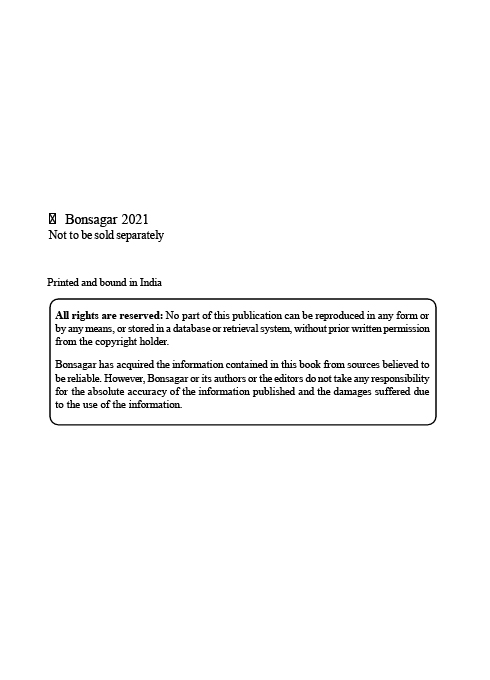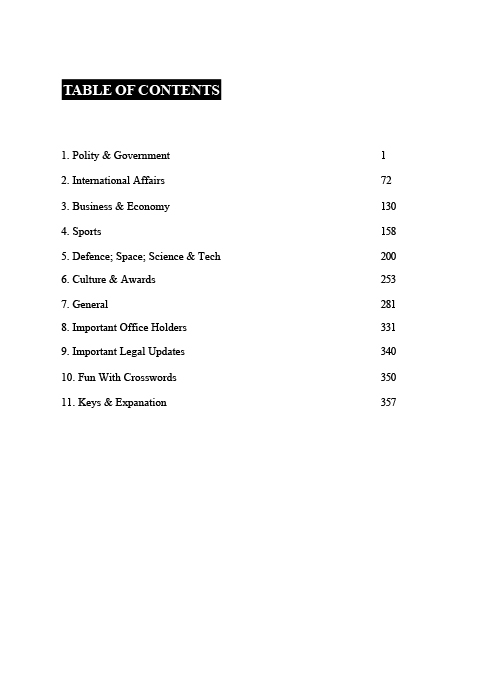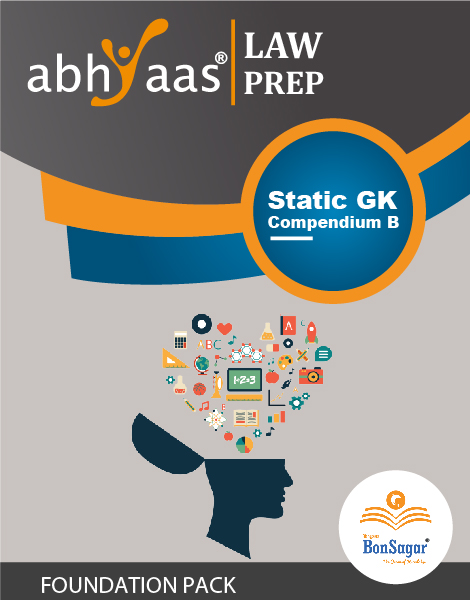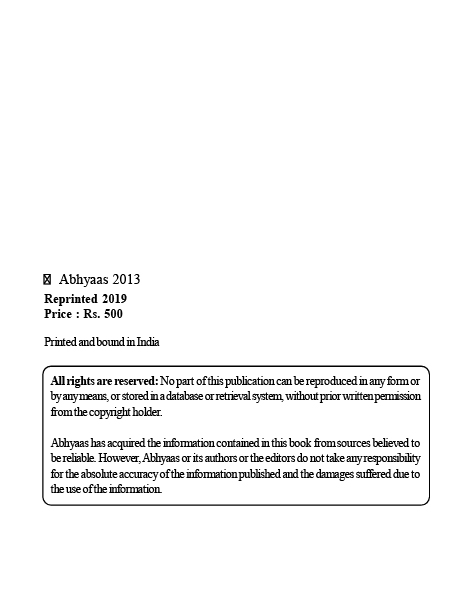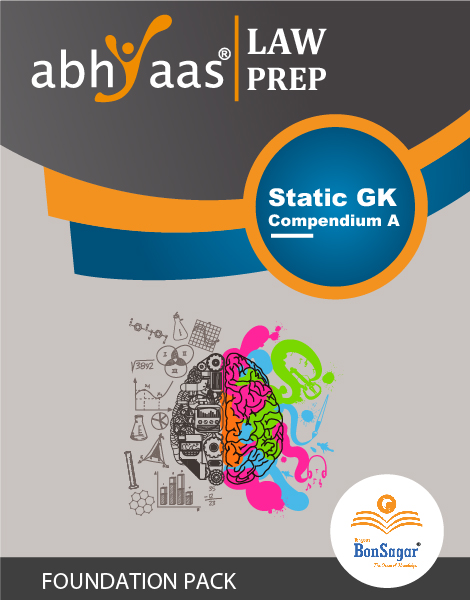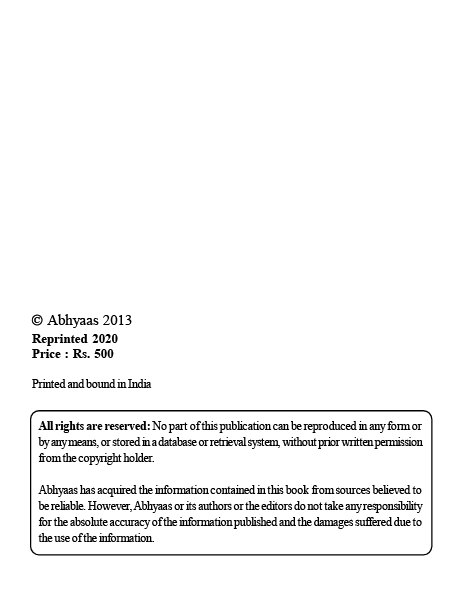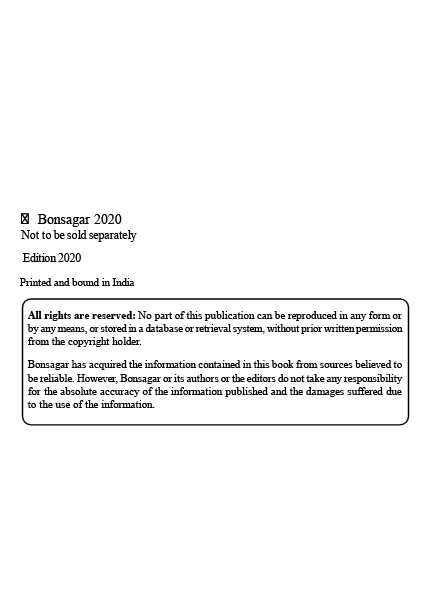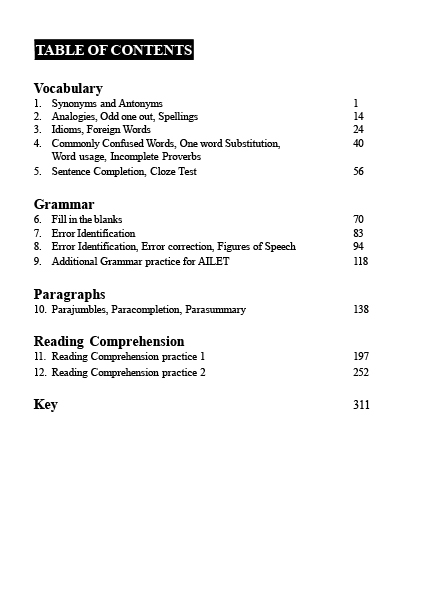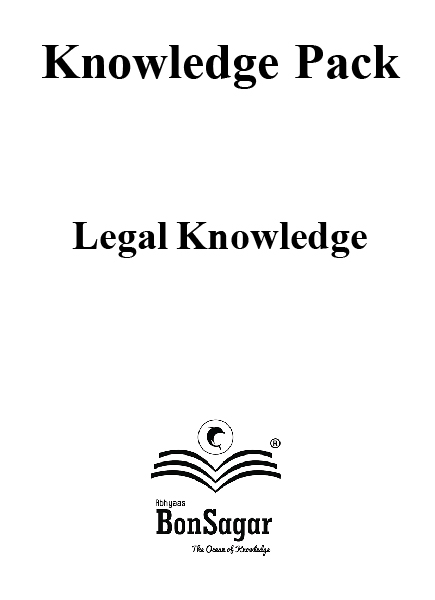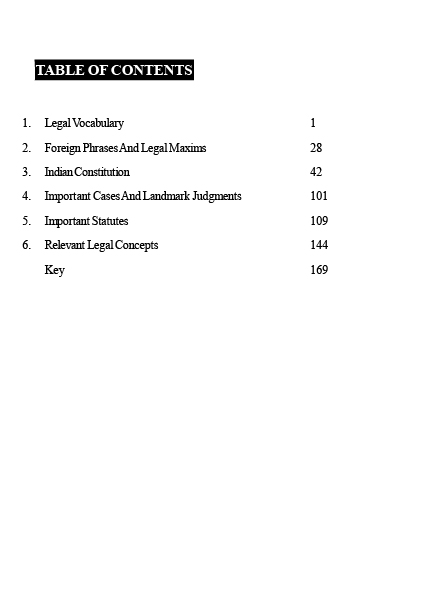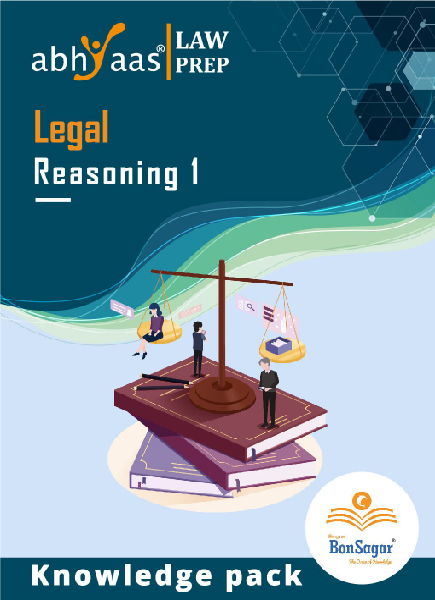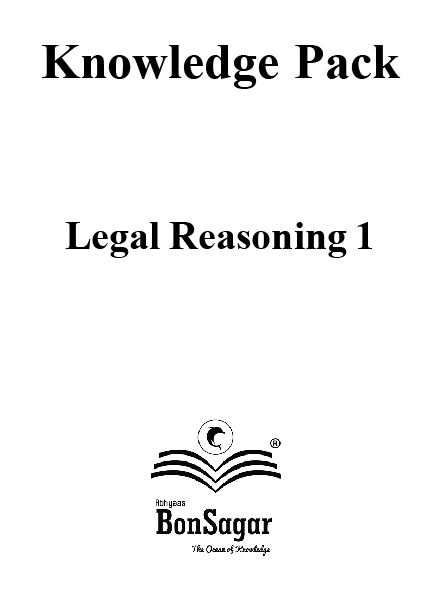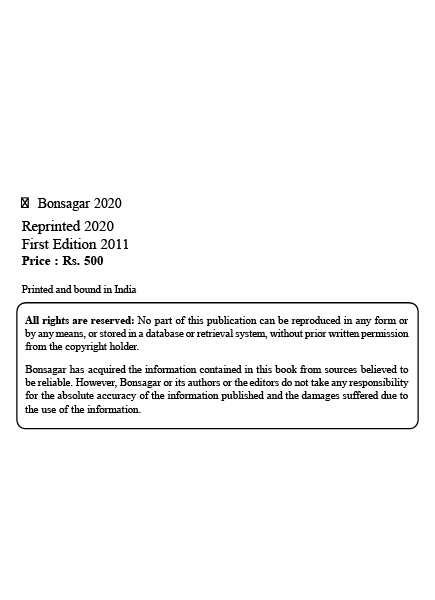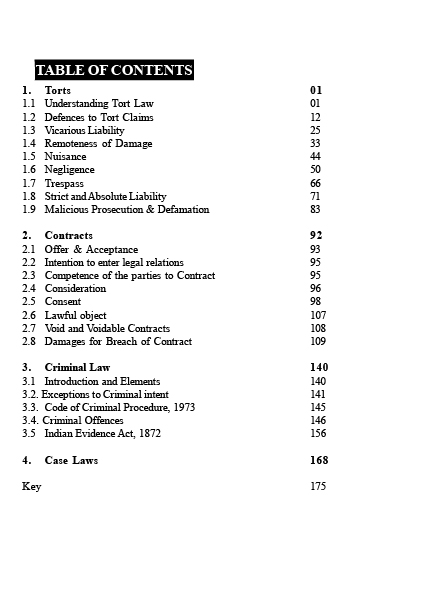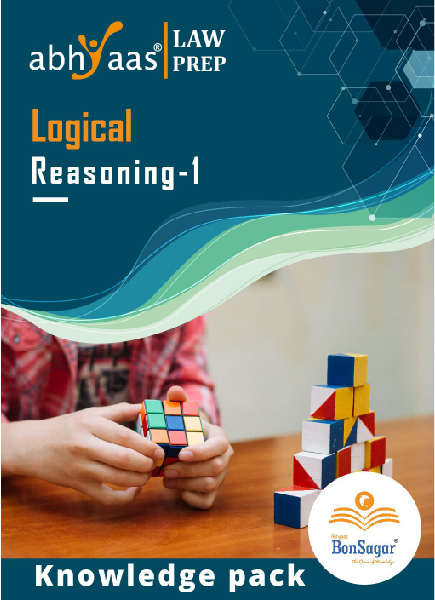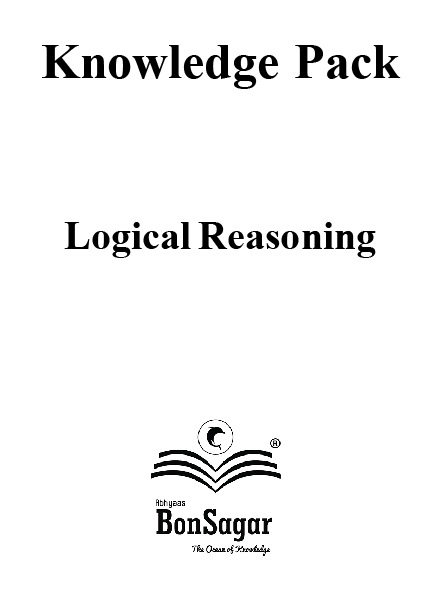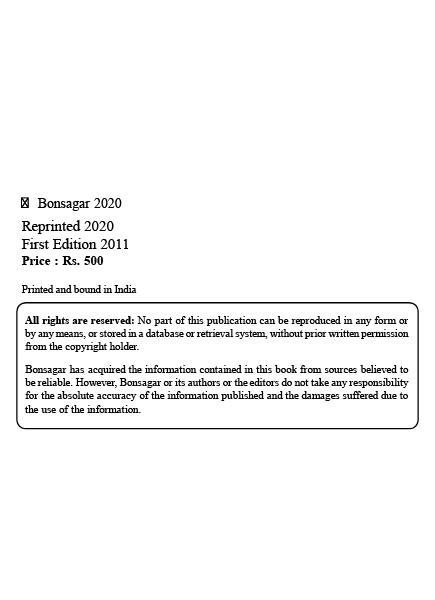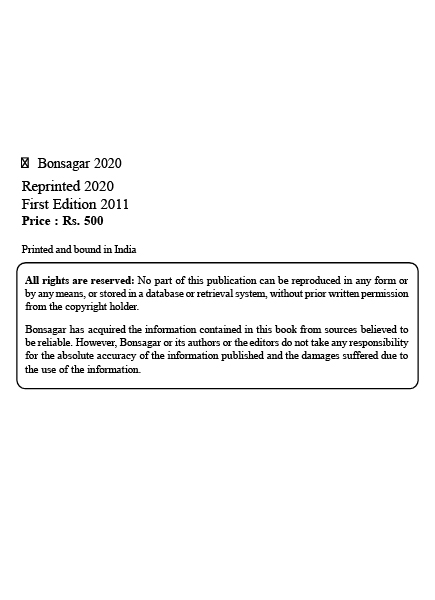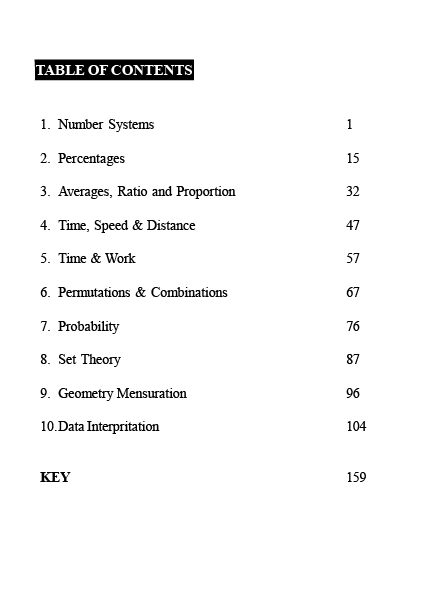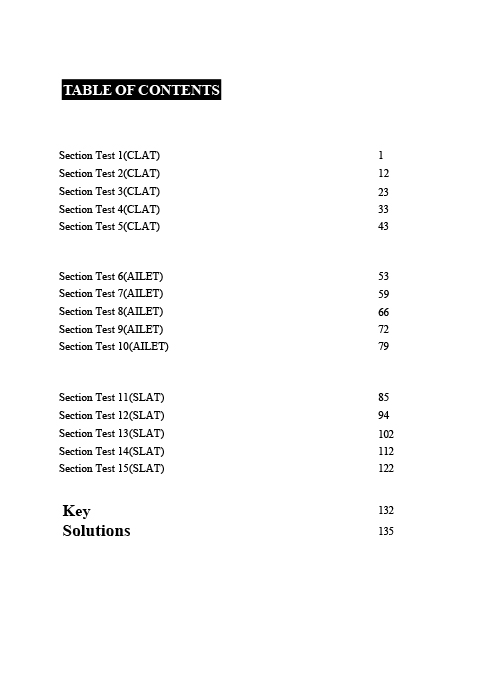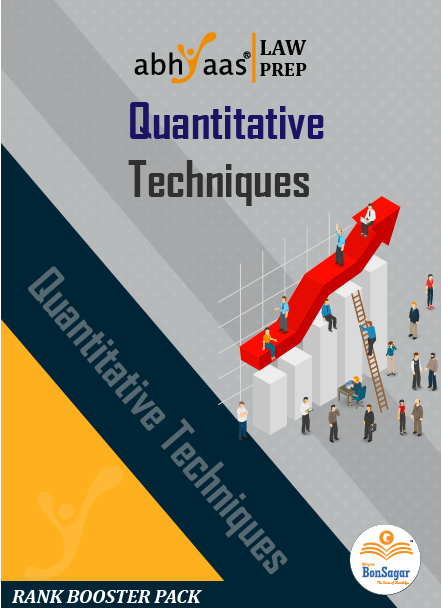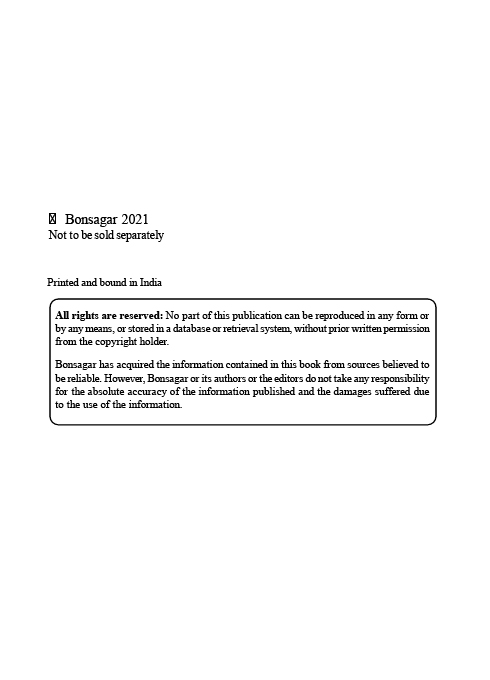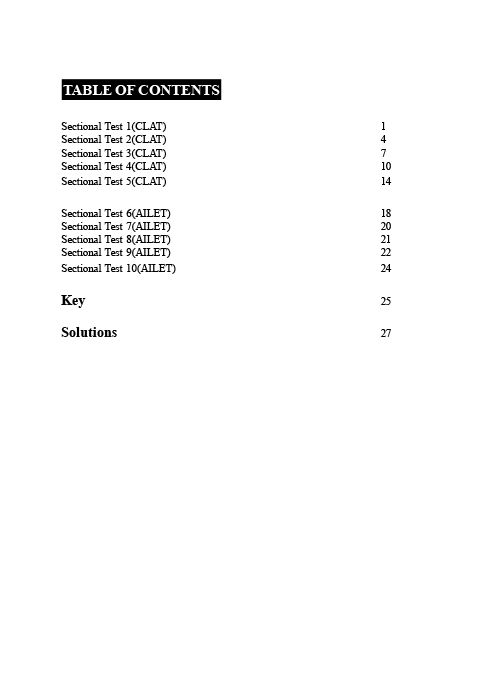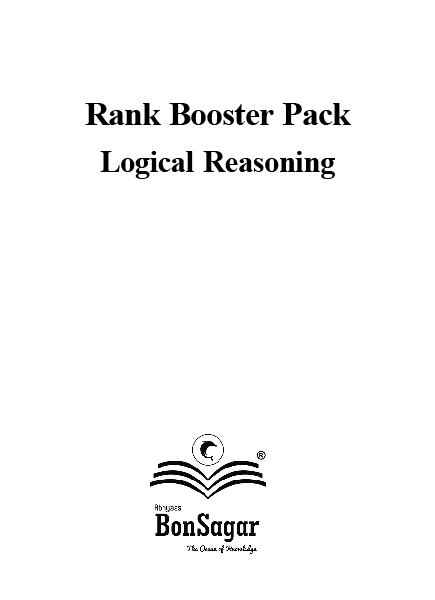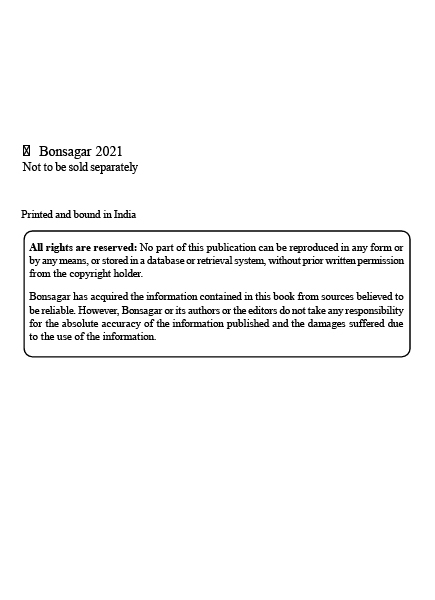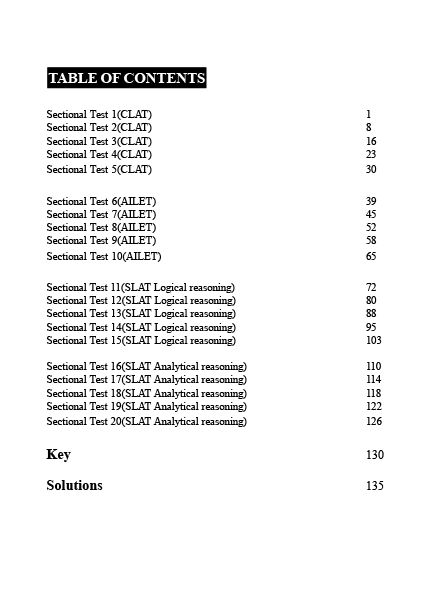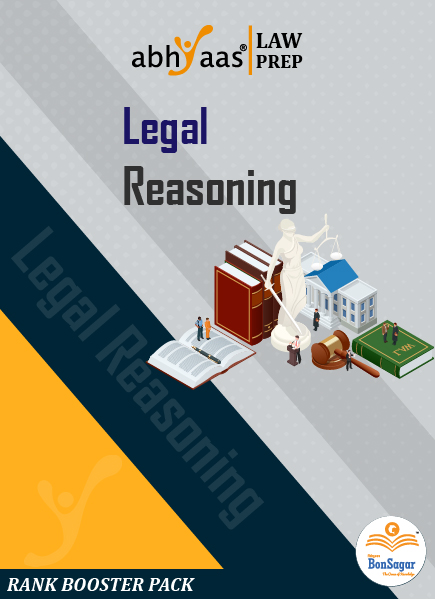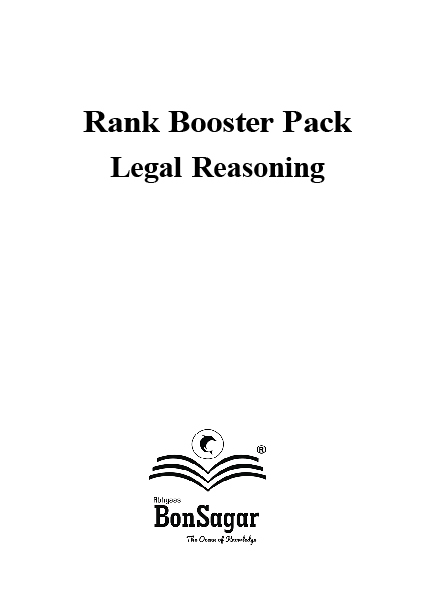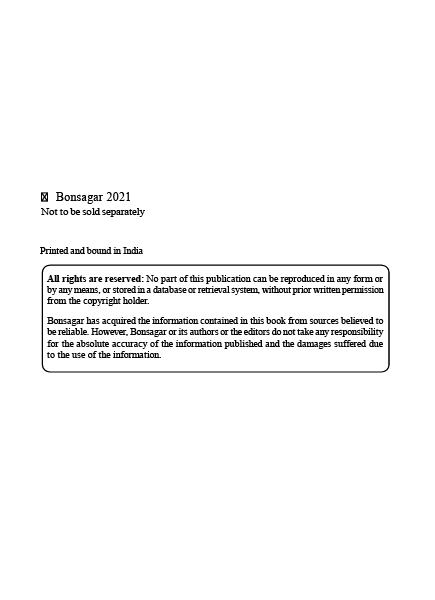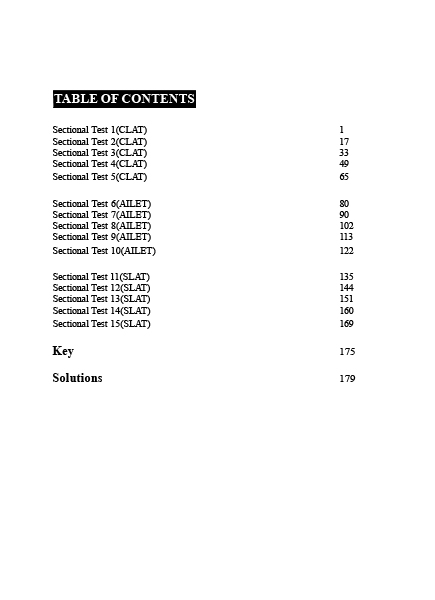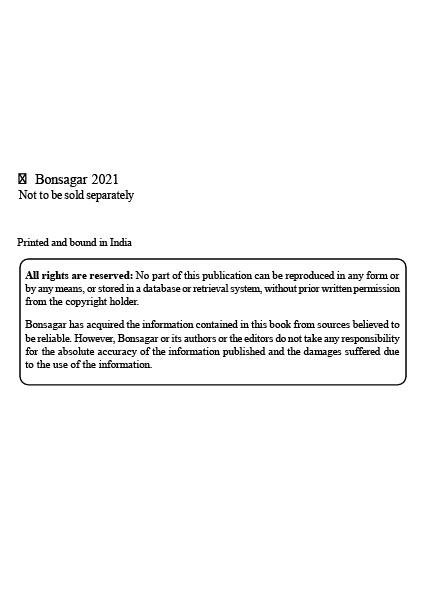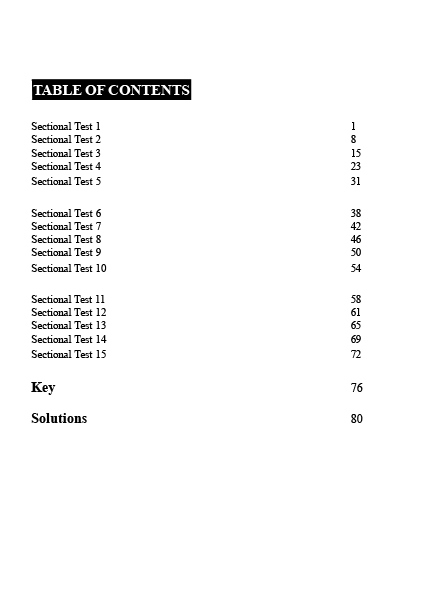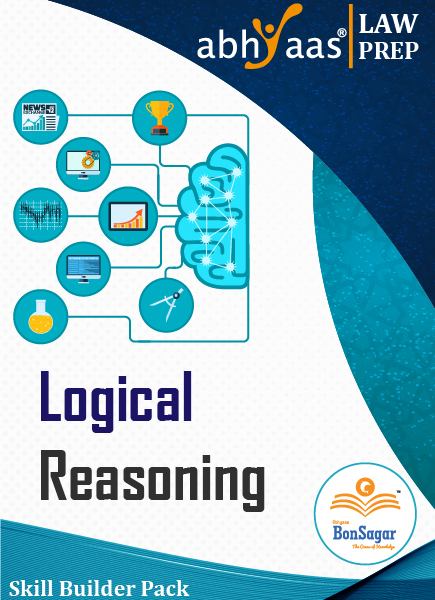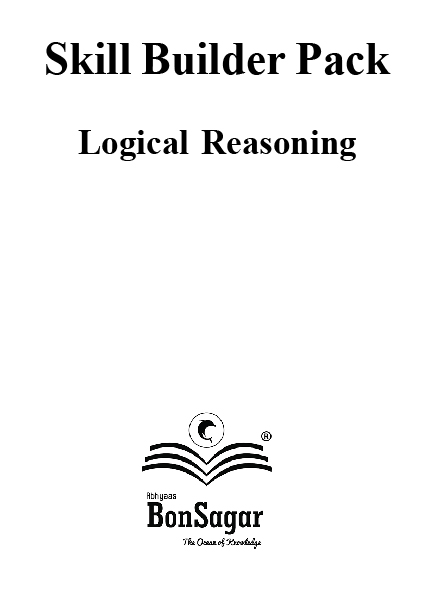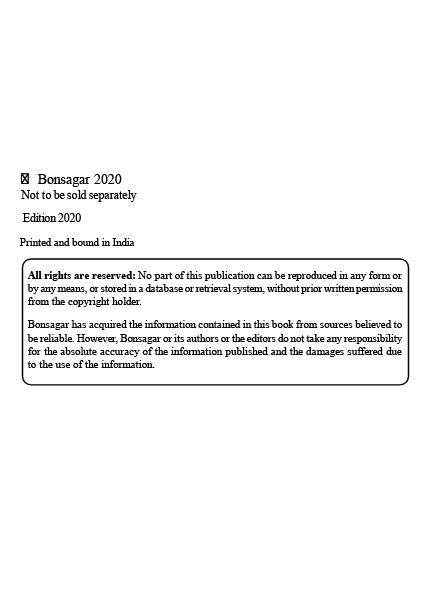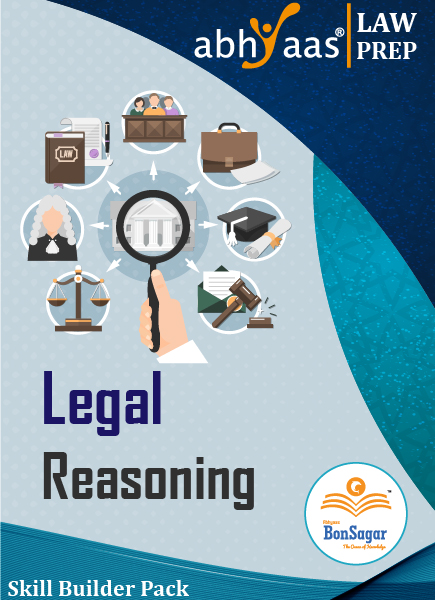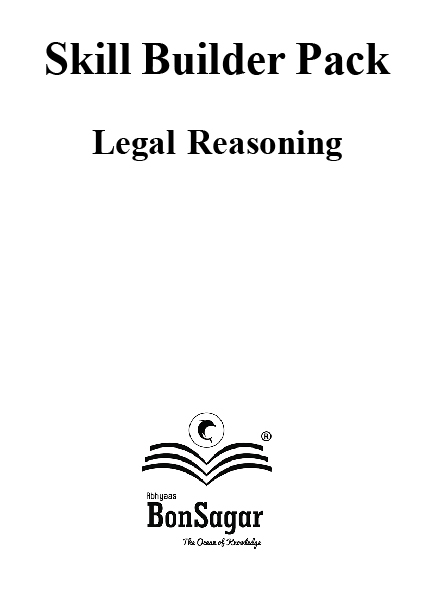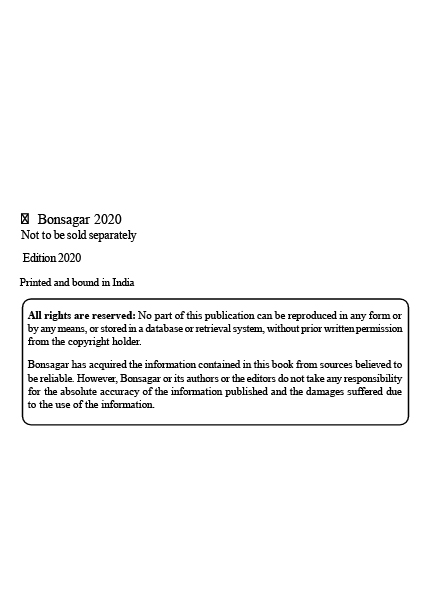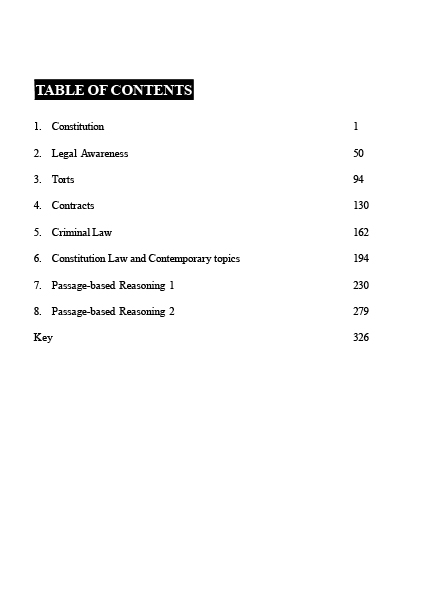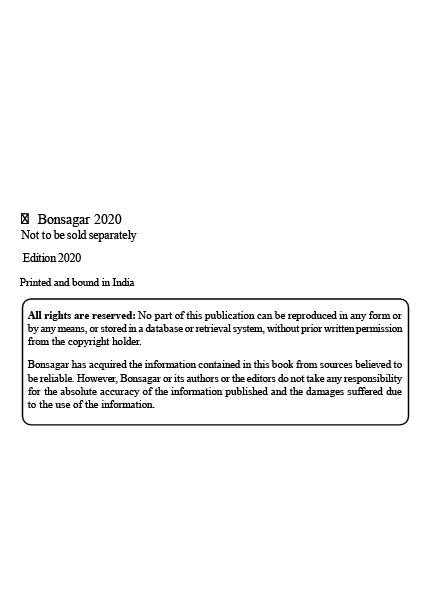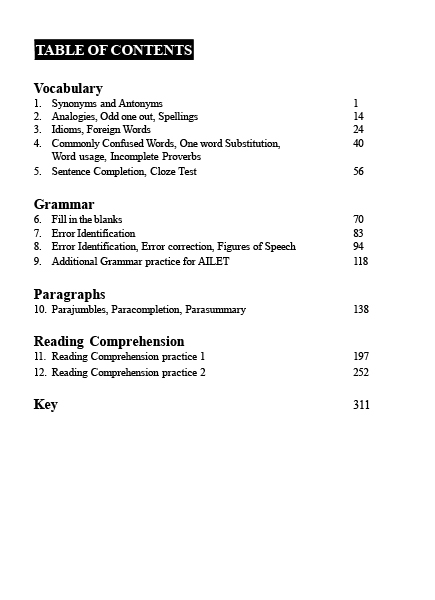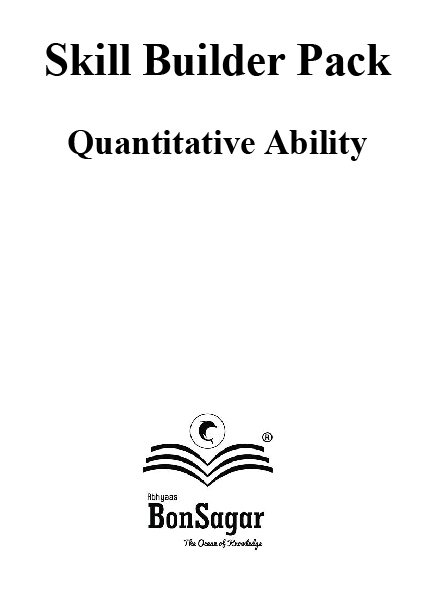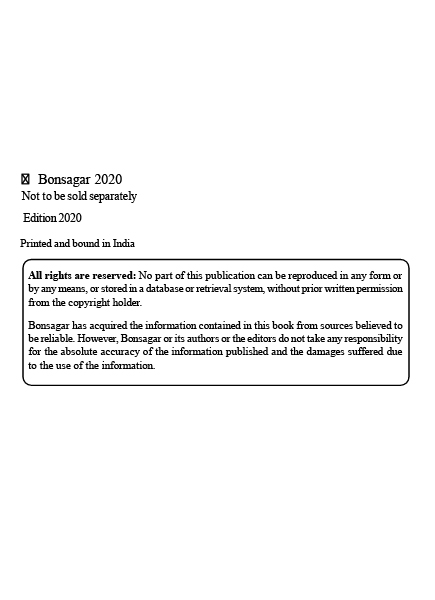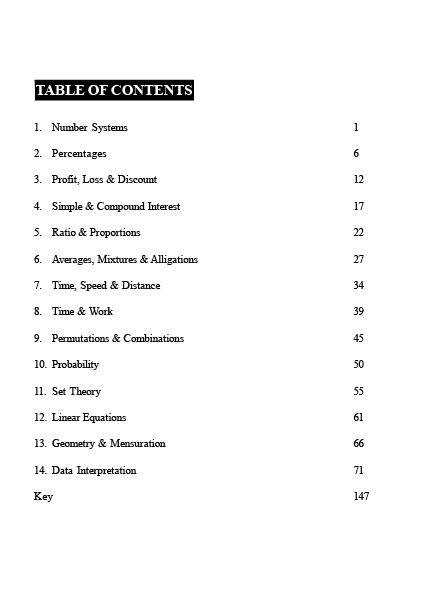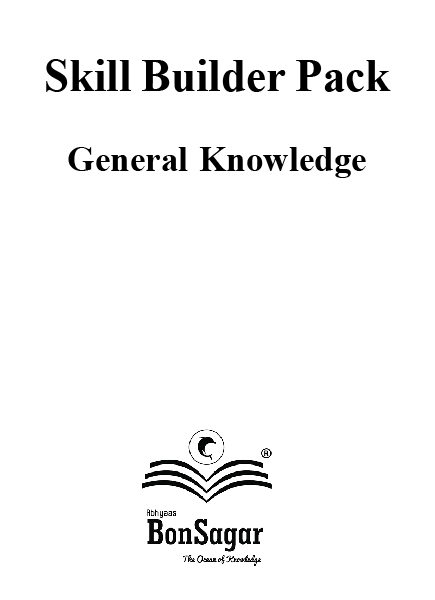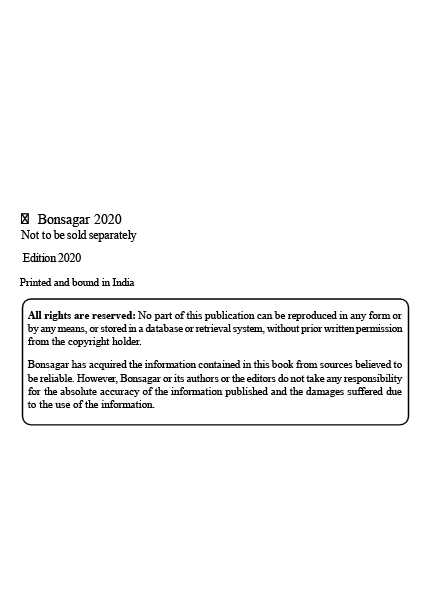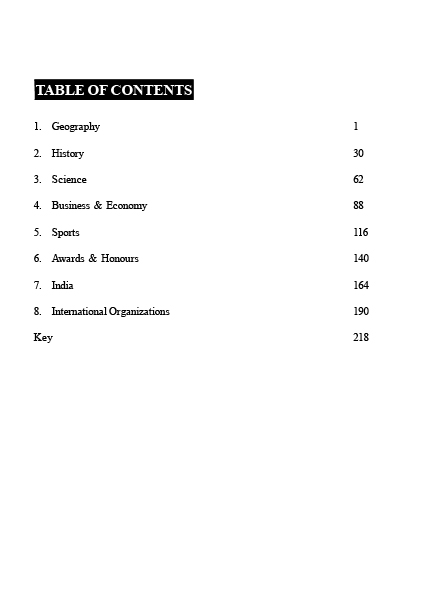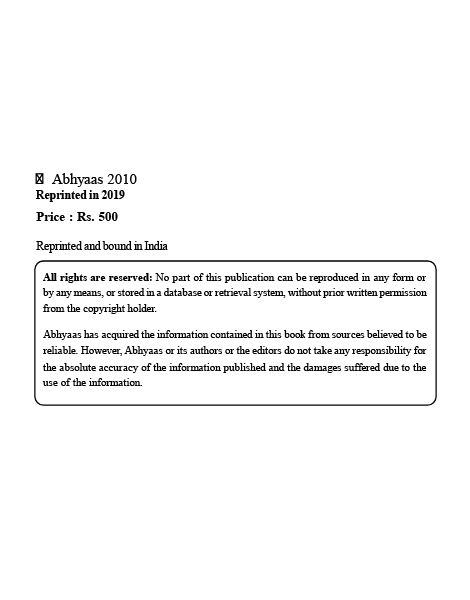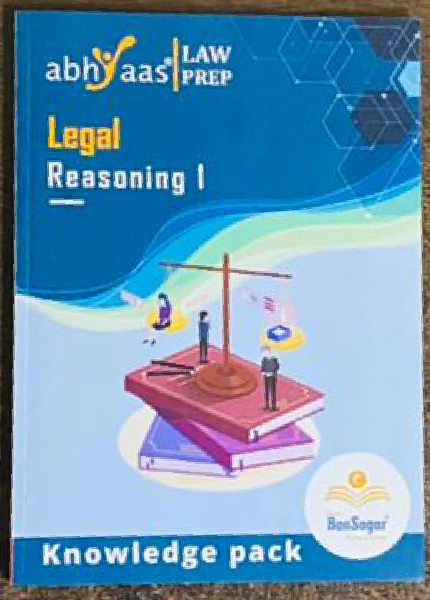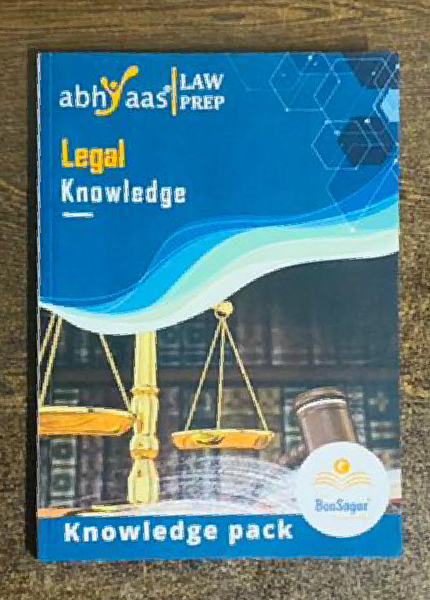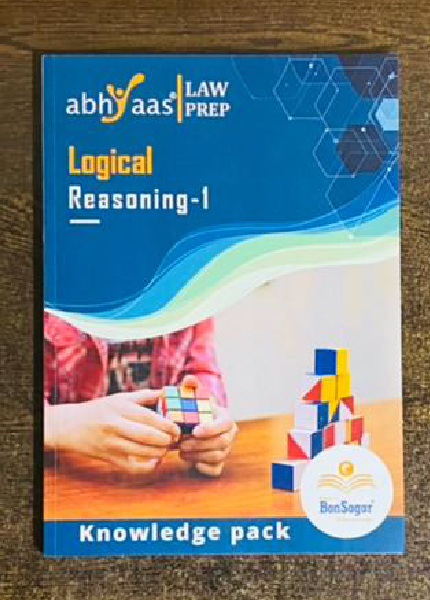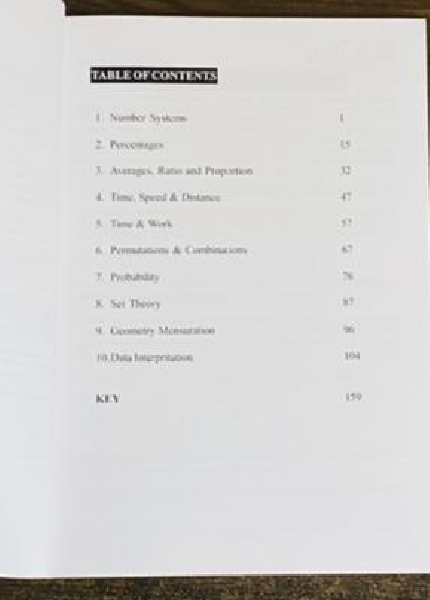IMPORTANT LEGAL MAXIMS AND PHRASES FOR CLAT
IMPORTANCE OF LEGAL MAXIMS
In the study and practise of law, legal aphorisms and phrases are important. They include centuries’ worth of legal knowledge and serve as a guide for lawyers when interpreting and applying the law. A solid comprehension of legal maxims and terms is essential for CLAT (Common Law Admission Test) hopefuls since it not only indicates a mastery of legal vocabulary but also improves critical thinking and problem-solving abilities. This essay explores the value of legal adages and expressions for the CLAT and emphasises their applicability to numerous facets of legal training and practise.
- Legal maxims and expressions are a crucial component of precise legal language. They offer succinct and accurate explanations of legal topics and principles. These adages and expressions help lawyers and law students successfully convey difficult legal concepts. In the context of the CLAT, having a thorough understanding of legal maxims and expressions enables applicants to present their arguments convincingly, impressing examiners and raising their total marks.
- Laws’ Interpretation and Application: Legal adages and expressions act as a basis for law’s interpretation and application. They serve as instruments for judges, solicitors, and academics in settling legal disputes and figuring out the purpose and reach of laws. An essential skill for success in the CLAT is the capacity to read legislation, case laws, and constitutional provisions, which CLAT candidates with a strong understanding of legal maxims can do more efficiently.
- Critical Thinking and Logical Reasoning: The study of legal maxims and phrases fosters these abilities, which are crucial for success in the CLAT and the legal profession in general. These adages frequently call for interpretation and application to certain factual circumstances. Aspirants for the CLAT gain the capacity to think rationally, recognise pertinent legal concepts, and use them to solve challenging legal situations by delving into a variety of legal maxims. In the legal profession, having the ability to reason clearly and critically is highly prized.
- Legal maxims and expressions have been established and improved throughout ages, enriching the realm of law. These succinct summaries of important legal concepts and principles serve as a basis for legal interpretation and decision-making. A solid comprehension of these adages and expressions is crucial for law students preparing for the Common Law Admission Test (CLAT). This essay seeks to offer a thorough overview of some of the most significant legal adages and expressions pertinent to the CLAT test.
General Maxims:
- Ignorance of the law is not an excuse, according to the Latin proverb Ignorantia Juris Non Excusat. It emphasises that people must know the laws that apply to their acts and that they cannot defend their innocence or escape responsibility by claiming that they were not aware of a particular law.
- Actus Reus Non Facit Reum Nisi Mens Sit Rea: This dictum, often known as the principle of “actus reus” and “mens rea,” states that a person cannot be held criminally responsible unless both the accompanying physical act (actus reus) and the following mental condition (mens rea) are present. The necessity of purpose or knowledge to establish criminal responsibility is emphasised.
- Res Ipsa Loquitur, which may be translated as “the thing speaks for itself,” is a dictum that is used when an accident or injury already occurring suggests carelessness. It permits the conclusion of carelessness even in the absence of specific proof.
- The Latin phrase Audi Alteram Partem translates to “hear the other side.” It stresses the significance of providing all sides a chance to make their case as well as the natural justice concept that no one should be convicted without being heard.
Legal Maxims in Torts and Contracts:
- Caveat Emptor: This adage, which literally translates to “let the buyer beware,” requires the buyer to thoroughly inspect the items or property before making a purchase. It means that the customer should use caution and be accountable for their own choices.
- neo dat quod non hatet This proverb, which may be loosely translated as “no one can give what they do not have,” develops the idea that a person cannot convey a greater title than they already hold. It guarantees the preservation of property rights and is essential in real estate transactions.
- According to the Latin proverb respondeat superior, an employer is responsible for any wrongdoing carried out by its workers while performing work-related duties. Vicarious responsibility is imposed, holding the employer liable for the wrongdoing of their workers.
- Injuria Sine Damno: This dictum states that even in the absence of real loss or harm, a legal injury or breach of a right may give rise to a legitimate cause of action. It acknowledges the significance of defending legal rights and stopping unfair behaviour.
Legal Maxims in Criminal Law:
- Actus Non Facit Reum Nisi Mens Sit Rea: This adage emphasises the idea that a person is not responsible solely for their actions unless their thoughts are equally guilty. The necessity of a guilty mentality or criminal purpose to establish criminal culpability is emphasised.
- Latin phrase Volenti Non Fit Injuria meaning “to one who is willing, no harm is done.” A person cannot seek compensation for injuries they deliberately exposed themselves to or freely accepted to, according to the voluntary acceptance of risk defence.
- Factual ignorance is an excuse, but legal ignorance is not. This adage makes a distinction between factual and legal ignorance. Ignorance of the law is not a defence, even as ignorance of the facts often is. It emphasises the idea that people must understand and follow the law.
- Mens Rea, which translates to “guilty mind,” refers to the mental component or purpose necessary to commit a crime. This fundamental idea in criminal law emphasises how crucial it is to determine the accused’s mental state.
Conclusion
For CLAT candidates, it is essential to be familiar with key legal adages and expressions since they serve as the basis for legal analysis and judgement. A thorough review of major legal expressions and maxims from the fields of general maxims, contract and tort law, and criminal law has been presented in this page.
Aspiring law students can improve their legal knowledge and gain a deeper understanding of the legal system’s complexities by comprehending and putting these maxims into practise. It is advised that CLAT applicants devote time to learning and internalising these tenets since they can greatly enhance their performance on the test and their future legal careers.
Remember that understanding and being familiar with legal adages and expressions is not just useful for the CLAT; it is also highly valued in the legal profession. Therefore, accept these guiding ideas and allow them to influence how you view the law and justice.










